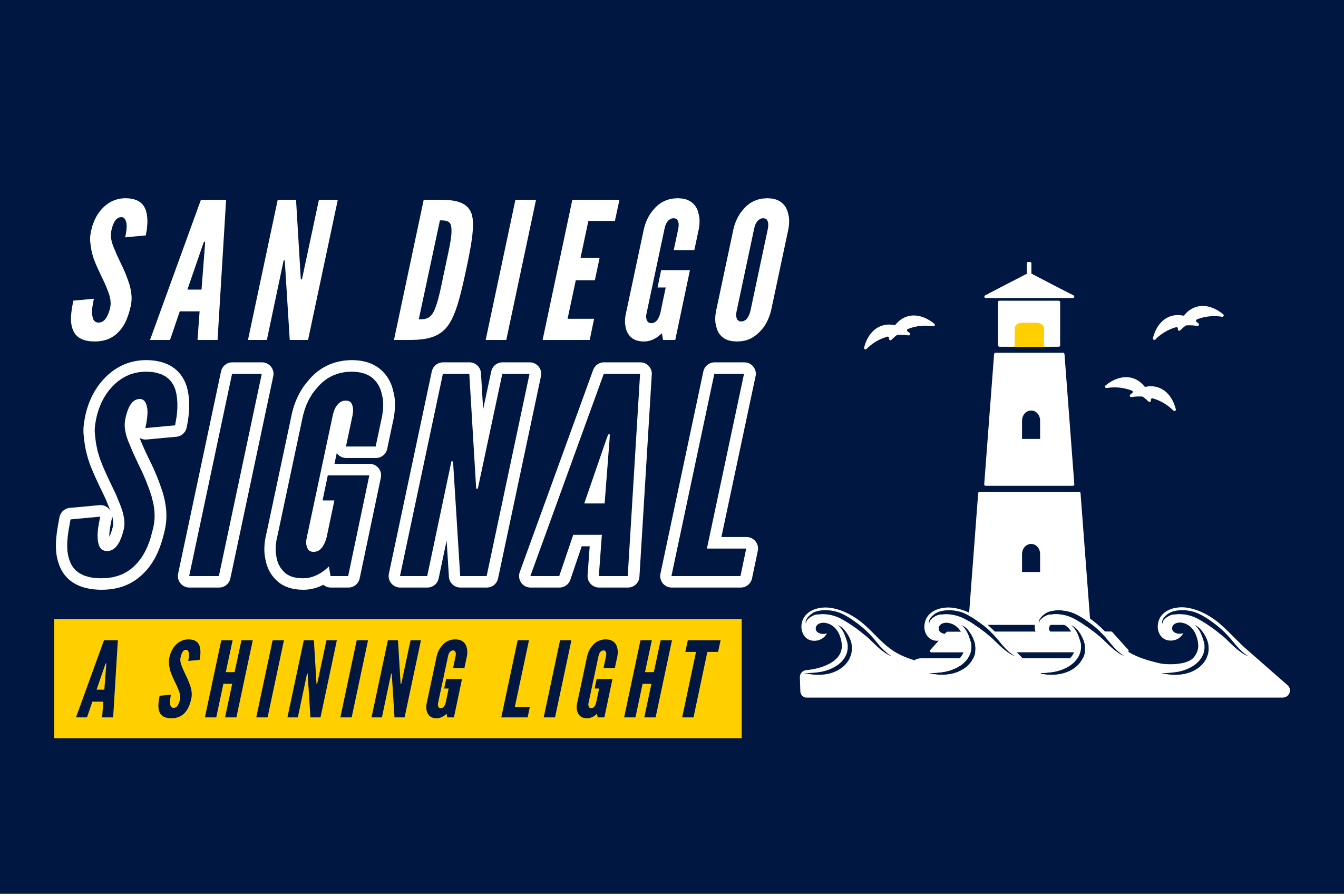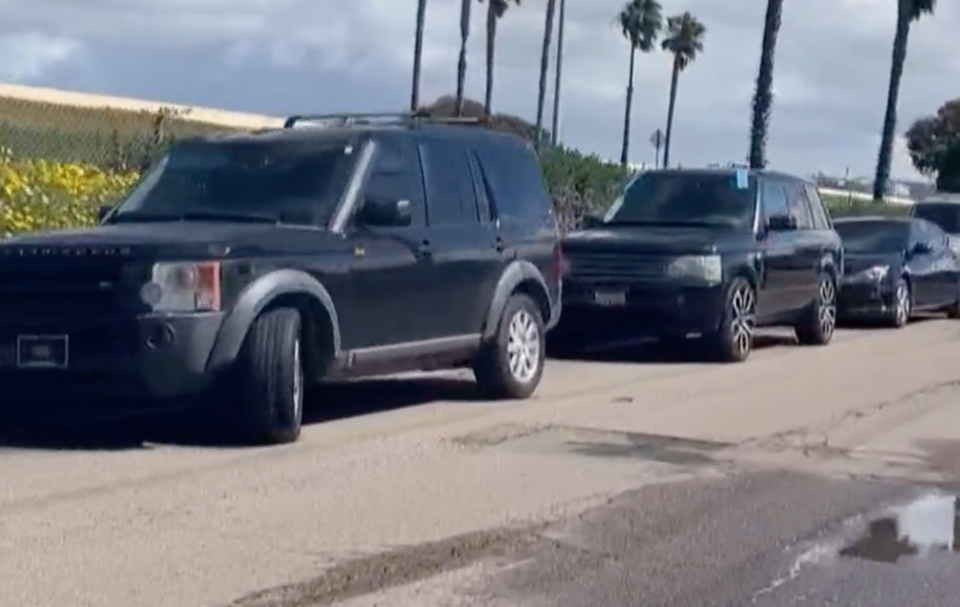Lack of enforcement of the city’s vehicle habitation ordinance is leaving city residents without a place to park near their homes
Earlier this year, the city of San Diego reached a settlement agreement in a class action lawsuit to stop enforcing overnight parking laws. As a result, the city’s vehicle habitation ordinance is only narrowly enforced by police.
Before the settlement, individuals who stayed in parked cars or recreational vehicles (RVs) overnight could be fined, towed or even arrested for violating the vehicle habitation ordinance. Now, the city says individuals may park and sleep in their vehicle if they have nowhere else to go.
There are now four city-designated overnight parking lots where individuals can stay under the city’s Safe Parking Program. The safe parking locations include lots on Aero Drive, Balboa Avenue, Mission Village Drive and Morena Boulevard.
The lots on Aero Drive and Balboa Avenue only accept standard vehicles while the lot on Mission Village Drive also allows RVs. The lot on Morena Boulevard only accepts standard vehicles and city-owned camper trailers.
Residents in Mission Bay have raised concerns about the lack of enforcement of overnight parking along city streets in locations outside of the city’s four approved parking lots.
“People park in front of our place for over a week or longer and then that leaves other residents who live here unable to have a place to park,” Stephanie Goldman told CBS 8 San Diego.
A spokesperson for the City of San Diego told CBS 8 that the city is working to create more safe parking options in addition to allowing people who park in the city overnight to sleep in their vehicles without risk of citation.
High rental costs and a lack of available housing are both contributing to long-time city residents finding themselves living out of their vehicles.
“I couldn’t afford to pay the rent here anymore,” resident David Howard, who has lived from his van for more than four months, told CBS 8.
Before the settlement, San Diego’s vehicle habitation ordinance prevented people from parking and sleeping in their vehicle overnight between the hours of 2 a.m. and 4 p.m.


